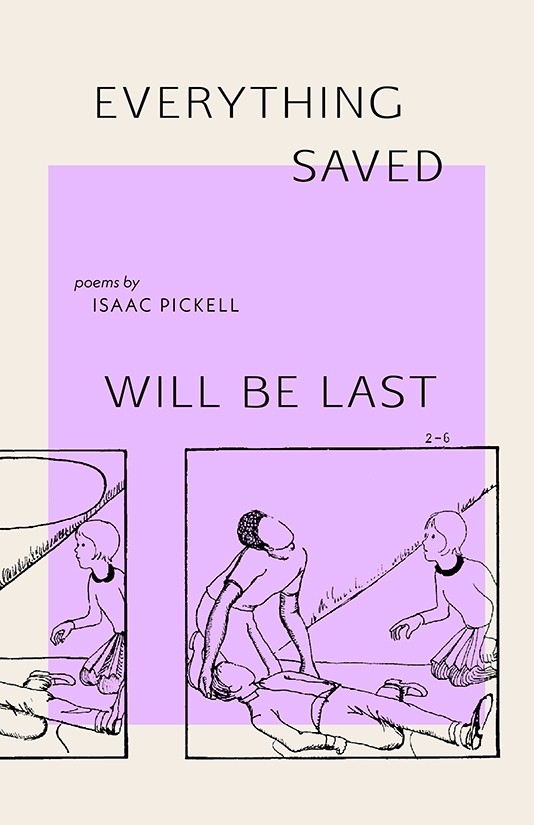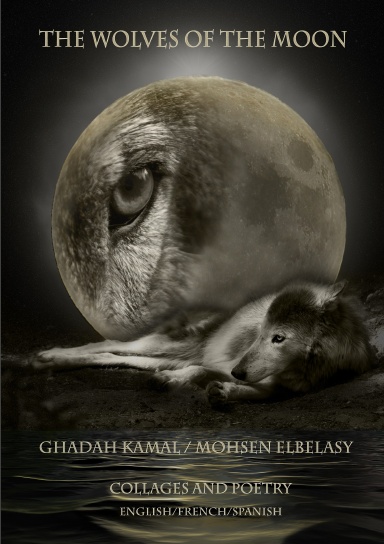Thursday, July 1, 2021
Excerpt from EVERYTHING SAVED WILL BE LAST, Isaac Pickell
Excerpt from NOTHING OF THE MONTH CLUB, Jeff Alessandrelli
Your X-Rays Have Just Come Back from the Lab and We Think We Know What Your Problem Is
Indigent,
shimmering, the pieces of reality that I like best are the ones that fit
together so finely—minutes rubbing into hours unto days funneling themselves
(aghast!) into years—that it feels like your whole life is a déjà vu,
pervasive, splatters of consciousness at every edge and the accretion shards of sight and motion and sound, lived out
whole.
Nothing of the Month Club
Summer.
We switched the colors in our town’s only traffic light
to blue, pink and purple. Lo-card country-grade acid. A sun-soaked caramel
apple, festering, steady the hour settles on my coffin’s cover. Loving freely and boring easily, I changed my phone number
to CALIFORNIA. (The stupid screen’s still cracked, the screen’s always cracked.)
Death is the one and only law with no flaw. Dust into dust. Don’t call me.
Don’t text.
Nothing of the Month Club
Studying the bones in a blade of grass, squirms in a cube of ice, I’ve finally begun the major work necessary to finish my novella I’m a Man of Few Words, None of Them About Myself. I’ve resigned myself to the cold storage world of America, everhard. I’ve committed myself to a constant erection of the heart, evertaut.
Living
in the moment before dying into the past, living in the moment before dying
into the past, living in the moments.
To order copies of Nothing of the Month Club by Jeff Alessandrelli, via Broken Sleep Books, click here.
Excerpt from THE WOLVES OF THE MOON, Ghadah Kamal & Mohsen Elbelasy
In Madness, Yuu Ikeda
hovering in my hands,
I can draw mad shapes of stories
Only while madness is
screaming in my hands,
I can make mad shadows of stories
Madness is energy
to bloom in gloom
Madness is fuel
not to wilt in needles
Only while I feel madness,
I can feel alive,
I can feel my blood
Madness is a shield
to endure woe
Madness is a blanket
to stop trembles
In Conversation, with Heller Levinson
 |
| Lurk |
Three Poems, J.D. Nelson
yes, that yarn
to use that mork of the spider monkey
we get the morning in the eye to hear us now
the day of the frog
not a show of the potato
to forage for that gum
the egg and that dollar mouse
the song of the simple apple
language is the tree of the iron maiden sufi
Selected Works, Amelia Díaz Ettinger
For No Particular Reason
my bird is the towhee
—rufous-sided to be exact
I like her unassuming
dress of brown
with hints of white patches
flashing on her tail
as she flies towards a branch
but maybe what calls
me to her is her song
chup chup chup seeeeeeeeee
such a plain song
a clear song
a celebration song
makes me wonder
how can she be so content
in her noisy rummage
among dead leaves
that startles me awake
such a necessary reminder
to sing
Lymphoma This time,
and for five months I hold your
life with my secret string.
Never been good with a fishing rod,
yet this I have mastered.
I know how to pull, to grasp, to
anger.
This is not the life we wanted, it
is the life
we knew we were losing, over and
over.
Cancer, our constant companion even
in our bed.
A ménage à trois in our marriage,
if I let it.
This demon-lover clutches your
bones,
cruising in your veins like a lost
gondola.
We never went to Venice.
In Spain we saw Goya’s Saturn
Devouring his Son.
I looked and thought, ‘that is how
it is.’
So, I swallowed gallons of my anger
with your toxins.
Each drip of the chemo tasting like
rust,
the iron in your red blood cells
exploding corrosive.
Your flesh forms loose contours
over your skeleton
visible under my fingertips, I
palpitate the poison
navigate the river’s ripple motion
under the surface.
I touch this radioactivity, and
pretend to be a healer.
Again, I swallow gallons of anger
with your toxins,
toxins that have done their trick
one more time, for now.
Yet it left a residue all over our
house, orange desert dust.
Did Saturn swallow his son’s head
whole?
I clean and rearrange, try to straighten
allow my anger to dress in
red-hot-high-heels.
Let it walk towards the porch
without a duffle bag.
Let’s go to Italy, or the living
room, and just look
at pictures in a travel brochure,
see more paintings
of Goya’s black walls inside the
Prado.
Now I have to remit the residue of
these months,
let the string go, see it float
away as spider’s silk.
CASSANDRA, Toti O’Brien
for a while, sealed to the cornea
by an afterthought, a residue
of old, burning tears.
to release vision. Shards
of so-called insight, though what
she believed she saw was far out.
were flashes hitting sideways
horizontal blades aimed at her chest
her waist or her limbs.
They released pain like cutting
does. Like cutting
they were blessings.
and haloes. They wore white
and were rimmed with gold.
So she said.
Sudden, fond of velocity.
Sighed within a murmur.
Poignant and vague.
as if on a ladder.
Then, her eyelid unglued itself.
Slowly, daylight came in.


